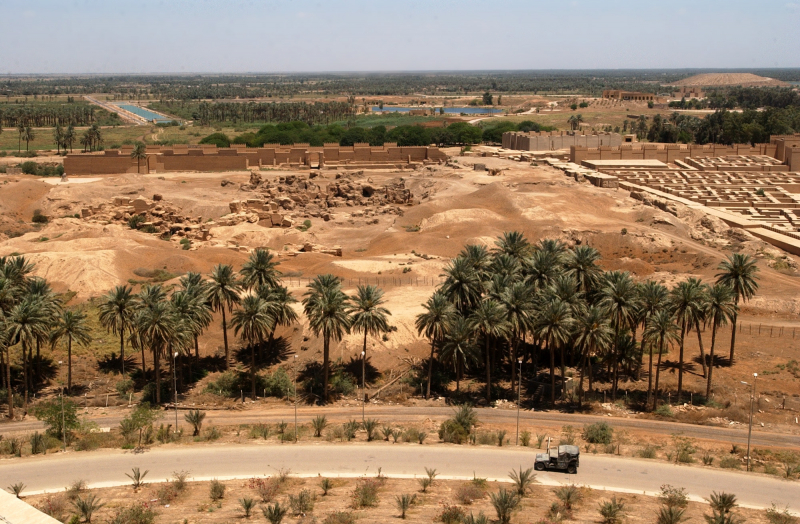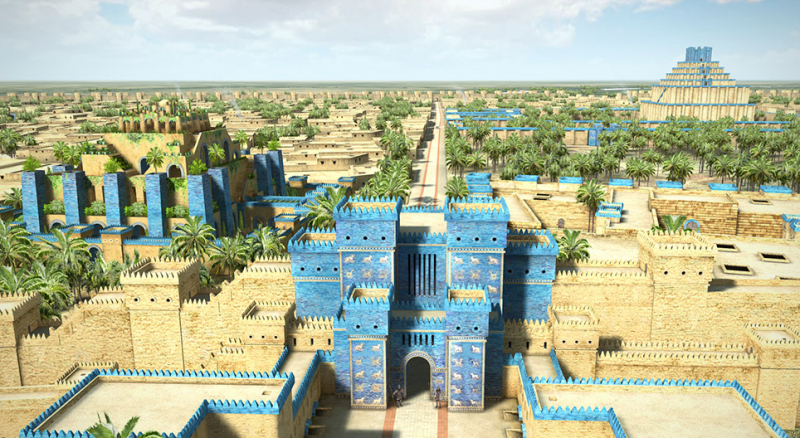The Overlooked Codifier of the Empire
Some people prefer to overestimate Hammurabi's contribution to Babylon's success as an empire, portraying the empire as having collapsed the moment he resigned. This could appear to be reinforced by the fact that dozens of cities—basically everything Hammurabi had conquered—rose up in rebellion. As it turned out, Samsu-iluna did a respectable job of maintaining his father's dominion during his rule from 1750 to 1712 BC, despite the fact that he is far less well-known than his father.
Samsu-iluna was taken off guard when practically every important city in the Southern Region of the empire rose in rebellion, but he soon regrouped. In less than two years, he had put an end to the uprising and gained the support of rival monarchs like Rim-Anum of the important city of Uruk. Ironically, he was immensely helped by the entrance of a powerful antagonist of the Babylonian Empire.
When the Kassites invaded the south, a considerable portion of the opposition populace became a throng of refugees that Samsu-iluna had to take in. Samsu-ilana wasn't exactly kind, as his efforts to put down the uprising and drive the Kassites out severely destroyed the Southern areas' infrastructure, which was never entirely restored until the First Dynasty. Samsu-iluna killed 26 enemy kings in total. While Hammurabi had conquered and defeated the rulers of these areas, it was his son, who was mostly disregarded, who demonstrated that the First Dynasty would endure as a significant authority for the area.












